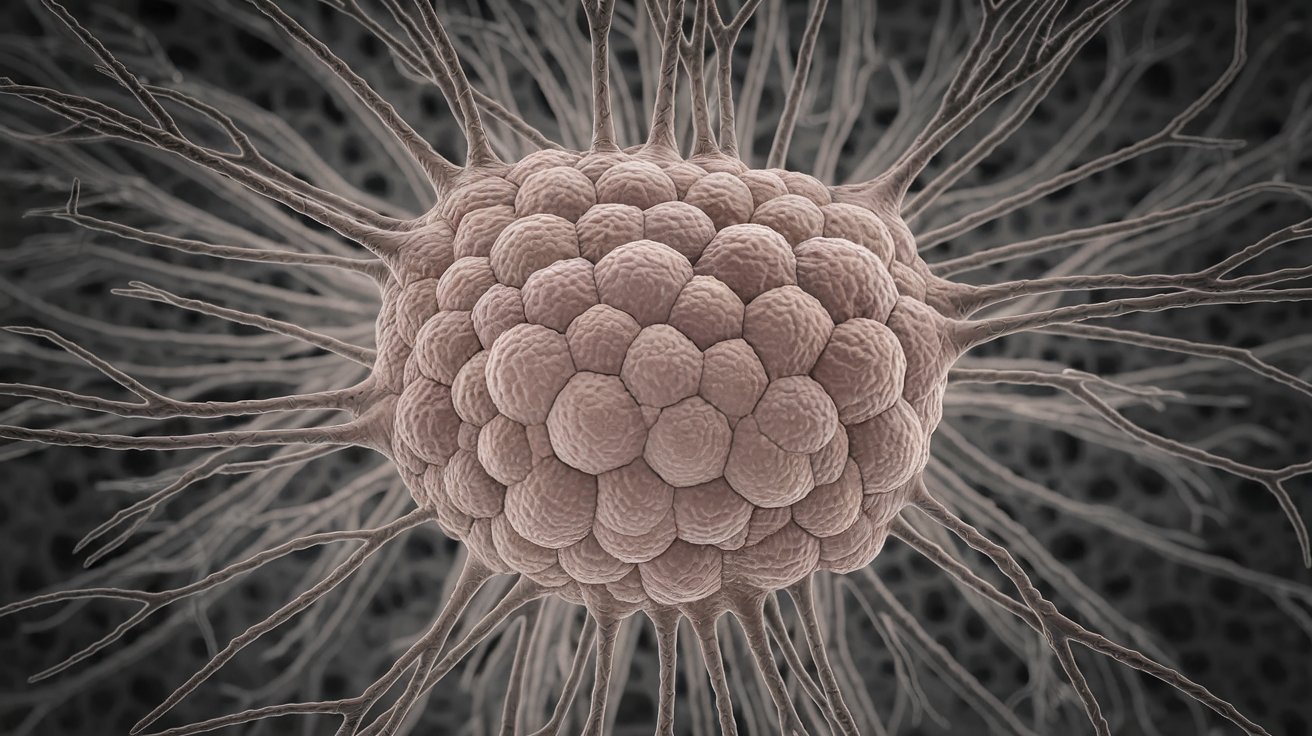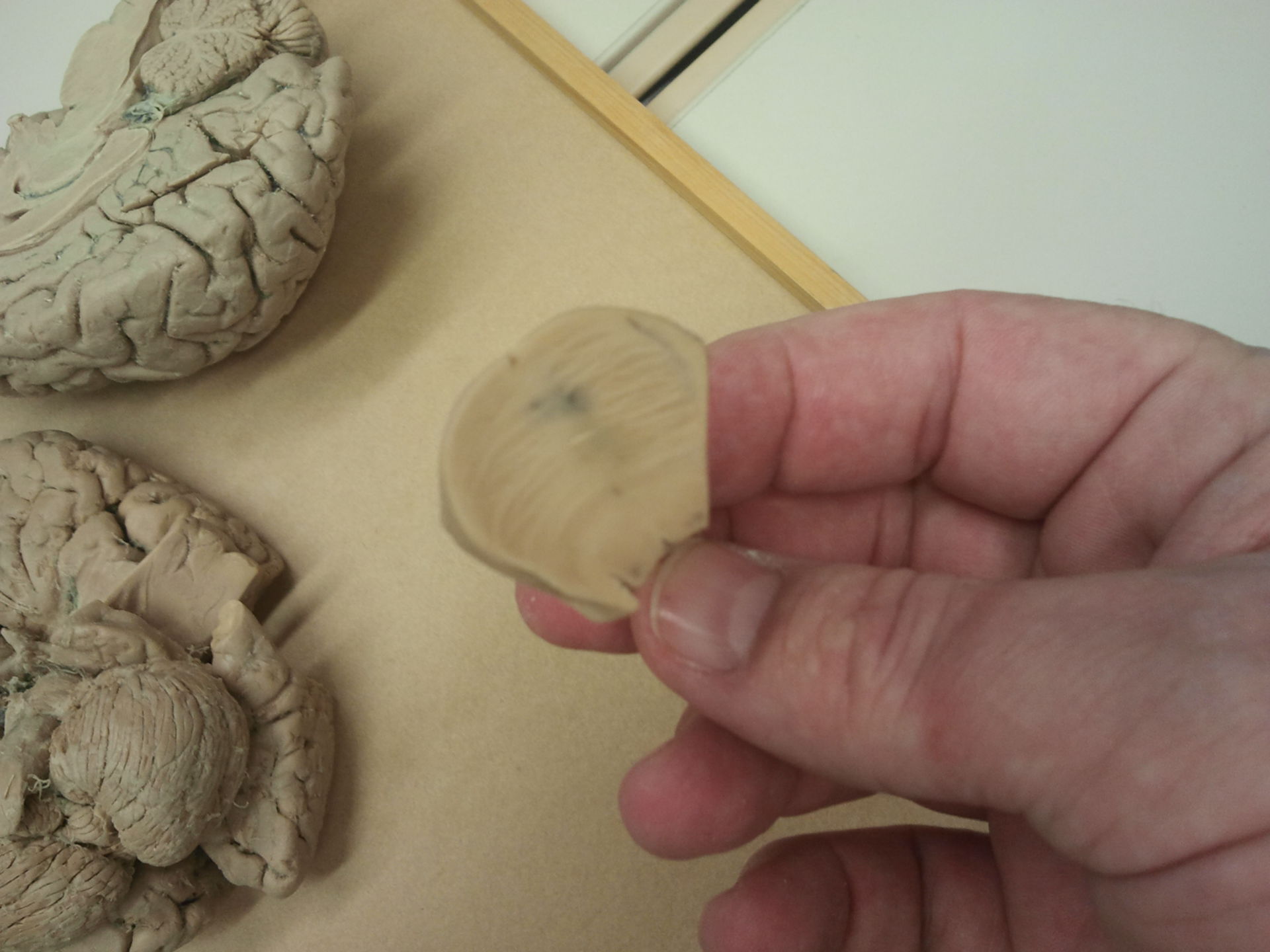
Leydig cells hypoplasia is a rare genetic disorder affecting male sexual development. These cells, found in the testes, play a crucial role in producing testosterone. When they don't develop properly, it leads to a range of symptoms, from ambiguous genitalia to underdeveloped male characteristics. Understanding Leydig cells hypoplasia can be challenging, but knowing the facts can help. This condition is often diagnosed in infancy or early childhood through genetic testing and hormone analysis. Treatment varies depending on the severity but may include hormone replacement therapy. Let's dive into 30 essential facts about this condition, shedding light on its causes, symptoms, and treatments.
Key Takeaways:
- Leydig cells are important for male development and fertility. Leydig Cell Hypoplasia (LCH) is a rare genetic disorder affecting these cells, leading to symptoms like delayed puberty and infertility.
- Early diagnosis and tailored treatments, such as hormone replacement therapy and surgery, can help manage Leydig Cell Hypoplasia. Ongoing research offers hope for improved understanding and future treatment options.
What are Leydig Cells?
Leydig cells are specialized cells found in the testes. They play a crucial role in producing testosterone, the hormone responsible for male characteristics and reproductive functions. Understanding Leydig cells helps us grasp the complexities of male biology.
- 01Leydig cells are located in the interstitial tissue of the testes.
- 02They were first described by Franz Leydig in 1850.
- 03These cells produce testosterone in response to luteinizing hormone (LH) from the pituitary gland.
- 04Leydig cells also secrete other androgens and small amounts of estrogen.
- 05They are essential for the development of male secondary sexual characteristics during puberty.
What is Leydig Cell Hypoplasia?
Leydig Cell Hypoplasia (LCH) is a rare genetic disorder affecting the development and function of Leydig cells. This condition leads to insufficient testosterone production, impacting male sexual development and fertility.
- 06LCH is caused by mutations in the LHCGR gene.
- 07The LHCGR gene provides instructions for making the luteinizing hormone/choriogonadotropin receptor.
- 08Mutations in this gene disrupt the normal signaling pathway for testosterone production.
- 09LCH can be classified into two types: Type 1 (severe) and Type 2 (milder).
- 10Type 1 LCH results in almost no testosterone production, leading to ambiguous genitalia or female external genitalia in genetic males.
Symptoms of Leydig Cell Hypoplasia
The symptoms of LCH vary depending on the severity of the condition. Recognizing these symptoms early can help in managing the disorder effectively.
- 11Genetic males with Type 1 LCH may have female or ambiguous genitalia at birth.
- 12Individuals with Type 2 LCH may have micropenis or undescended testes.
- 13Delayed or absent puberty is a common symptom in both types.
- 14Infertility is often observed in affected individuals.
- 15Some may experience gynecomastia, which is the development of breast tissue in males.
Diagnosis of Leydig Cell Hypoplasia
Diagnosing LCH involves a combination of clinical evaluation, hormone testing, and genetic analysis. Early diagnosis is crucial for appropriate management and treatment.
- 16Physical examination at birth can reveal ambiguous genitalia or other abnormalities.
- 17Blood tests measure levels of testosterone, LH, and follicle-stimulating hormone (FSH).
- 18Genetic testing identifies mutations in the LHCGR gene.
- 19Imaging studies, such as ultrasound, can assess the structure of the testes.
- 20A biopsy of the testes may be performed to examine Leydig cell development.
Treatment Options for Leydig Cell Hypoplasia
While there is no cure for LCH, various treatments can help manage symptoms and improve quality of life. Treatment plans are tailored to the individual's needs and the severity of the condition.
- 21Hormone replacement therapy (HRT) is commonly used to induce and maintain male secondary sexual characteristics.
- 22Surgery may be required to correct undescended testes or ambiguous genitalia.
- 23Assisted reproductive technologies (ART) can help individuals with LCH achieve fertility.
- 24Psychological support and counseling are important for coping with the emotional and social challenges of the condition.
- 25Regular monitoring and follow-up care are essential to manage long-term health.
Research and Future Directions
Ongoing research aims to better understand LCH and develop new treatments. Advances in genetics and endocrinology hold promise for improving the lives of those affected by this condition.
- 26Researchers are studying the molecular mechanisms underlying LCH to identify potential therapeutic targets.
- 27Gene therapy is being explored as a possible treatment for genetic disorders like LCH.
- 28Advances in hormone replacement therapies may offer more effective and tailored treatment options.
- 29Increased awareness and education about LCH can lead to earlier diagnosis and better management.
- 30Collaborative efforts between scientists, clinicians, and patient advocacy groups are crucial for advancing research and improving patient outcomes.
Final Thoughts on Leydig Cells Hypoplasia
Leydig Cells Hypoplasia is a rare condition that affects male sexual development. Understanding its causes, symptoms, and treatments can help those affected manage their health better. Genetic mutations often lead to this condition, causing underdeveloped Leydig cells in the testes. Symptoms can range from ambiguous genitalia to delayed puberty. Early diagnosis and treatment, including hormone replacement therapy, can improve quality of life.
Staying informed about medical advancements and seeking support from healthcare professionals are crucial steps. Awareness and education about Leydig Cells Hypoplasia can lead to better outcomes for patients and their families. Remember, knowledge is power when dealing with rare medical conditions. By staying proactive and informed, individuals can navigate the challenges of Leydig Cells Hypoplasia more effectively.
Frequently Asked Questions
Was this page helpful?
Our commitment to delivering trustworthy and engaging content is at the heart of what we do. Each fact on our site is contributed by real users like you, bringing a wealth of diverse insights and information. To ensure the highest standards of accuracy and reliability, our dedicated editors meticulously review each submission. This process guarantees that the facts we share are not only fascinating but also credible. Trust in our commitment to quality and authenticity as you explore and learn with us.


